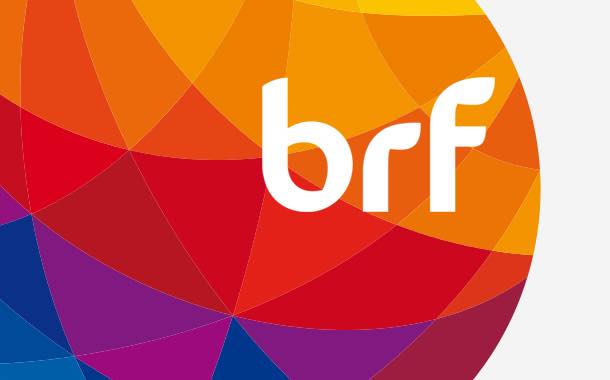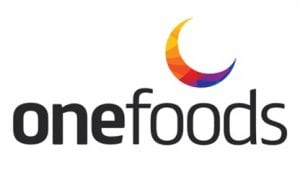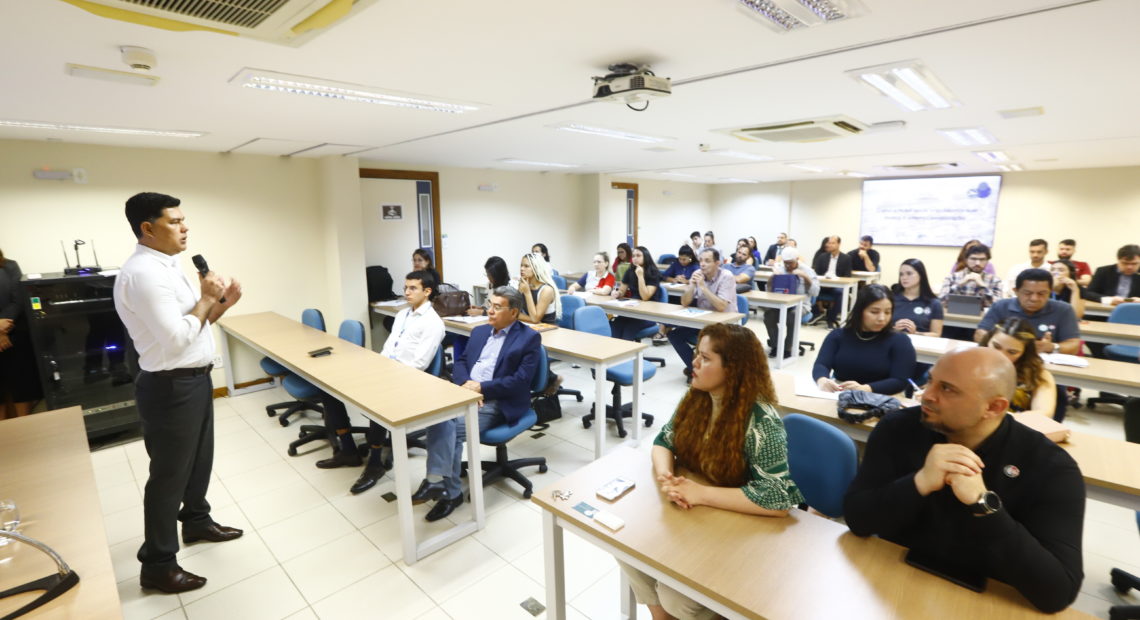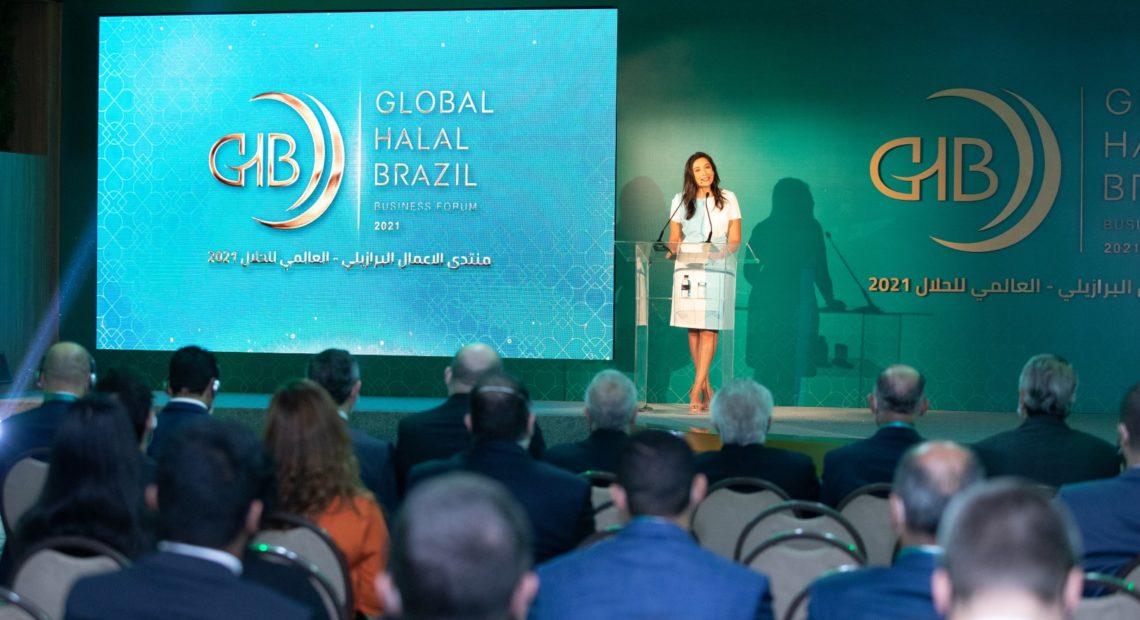
FoodBev Media
BRF has continued to shrug off the effects of the so-called carne fraca scandal, reporting revenue higher than the first quarter and a 13.7% increase in pre-tax earnings.
The meat processor’s second-quarter revenue was BRL 8 billion ($2.52 billion), with global volumes increasing slightly to 1.1 million tonnes. The revenue figure represents an increase on the first quarter of the year, when BRF announced turnover BRL 7.8 billion ($2.46 billion), but was down from BRL 8.5 billion ($2.68 billion) in the second quarter of 2016.
Similarly, BRF saw its EBITDA grow 13.7% from BRL 506 million ($159.3 million) last quarter to BRL 575 million ($181 million) this quarter – though it’s still down almost 40% year-on-year from a high of BRL 944 million ($297.2 million) in the second quarter of 2016.
Nevertheless, the company recorded a loss of BRL 167.3 million ($52.7 million), impacted by nonrecurring events related to its implication in Brazil’s carne fraca investigation. Employees from BRF, as well as rival meat packer JBS and smaller company Grupo Peccin, were accused of bribing health officials to overlook contaminated or potentially rotten shipments of meat destined for export markets beyond Brazil.
It prompted BRF to undertake a major group restructuring, followed by a management re-shuffle
JBS recently sold its Vigor dairy business to Grupo Lala – its first response to the carne fraca episode and an attempt by owner J&F Investimentos to cut debt and strengthen JBS’ financial position.
Despite the attention generated by carne fraca (at one time, at least 35 major economies had restricted imports of Brazilian meat), Brazil is still the main market for BRF. In the second quarter, it sold 495,000 tonnes of food in the country – 45% of its overall product mix.
Its newly created halal subsidiary, OneFoods, accounted for a further 258,000 tonnes of product, making it the second largest area of BRF’s business just eight months after its inception. It was helped by January’s acquisition of Banvit – Turkey’s largest poultry processor – for $470 million.
Beyond the domestic Brazilian market and the OneFoods unit, BRF’s next most important segments – in order – were Asia, Europe, Latin America and Africa.
The company invested BRL 457 million ($143.9 million) during the second quarter – with BRL 175 million ($55.1 million) earmarked for growth, efficiency and support; BRL 180 million ($56.7 million) for ‘biological assets’; and BRL 102 million ($32.1 million) for commercial leasing and other investments.
BRF has invested less in the last quarter than it did in the same quarter last year, but said that it has “prioritised investments that drive growth and cash generation, promote flexibility on the production lines, and increase the level of quality and compliance”.
In a joint statement released as part of the company’s second-quarter filing, BRF chairman Abilio Daniz and CEO Pedro Faria said: “The beginning of the second quarter was marked by low volumes, still a reflex from the carne fraca operation, primarily in international markets. During the quarter, we were able to mitigate a portion of these effects and May and June ended with volumes above the average of the first quarter, both in the domestic and international markets.
“The quarter was also marked by the completion of the Banvit acquisition, which already had positive effects on the results of June, above our expectations in terms of volume and profitability. Our industry faced a fragile and unprecedented scenario in the beginning of the second quarter. We put in our best efforts and made progress in the quarter, closing June on favourable terms for volumes and profitability. We believe these are significant dynamics that will support the recovery of stronger cash generation and, as a result, the achievement of better leverage.
“We continue to seek the recovery of the growth of BRF’s profitability, reaffirming our presence in key regions, assuring and improving the quality of all our products, strengthening our brands, and gaining market share.”




